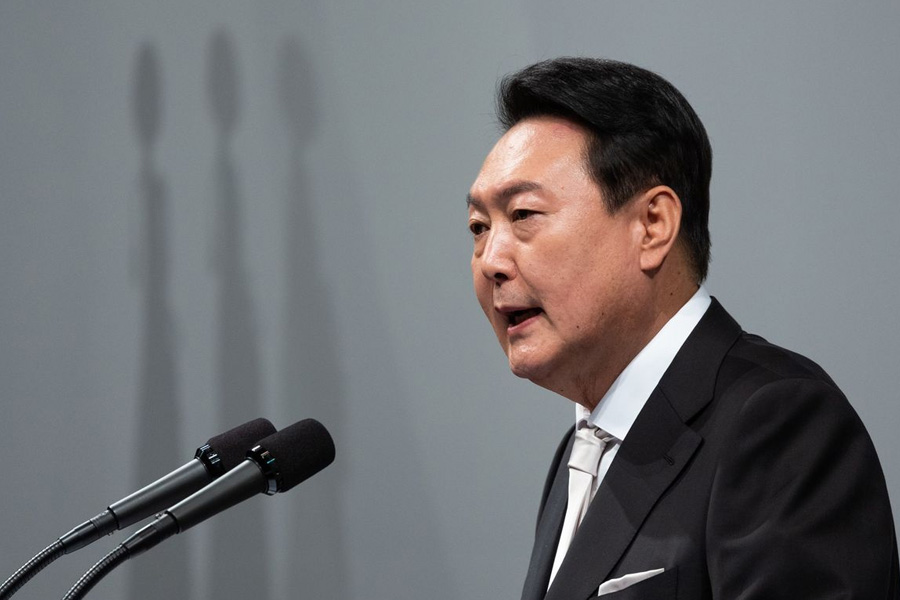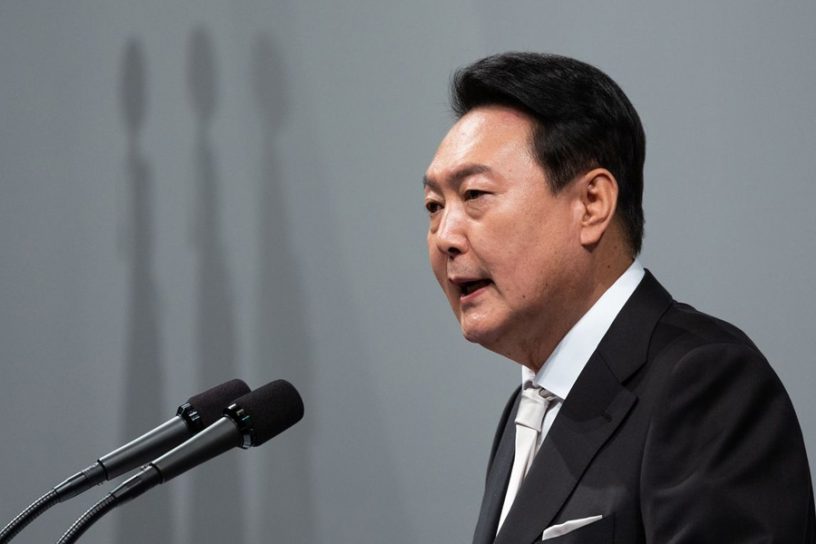
It is evident that South Korean President Yoon Suk-Yeol does not intend to fully shift from his predecessors’ policies of preserving ties with the ASEAN.
Authors
Harsh Mahaseth, Assistant Professor at Jindal Global Law School, and a Senior Research Analyst at the Nehginpao Kipgen Center for Southeast Asian Studies, Jindal School of International Affairs, O.P. Jindal Global University, Sonipat, Haryana, India.
Reva Satish Makhija, Research Assistant at the Nehginpao Kipgen Center for Southeast Asian Studies, and a law student at Jindal Global Law School, O.P. Jindal Global University,Sonipat, Haryana, India.
Summary
Earlier this year, the South Korean public voted in their new leader, President Yoon Suk-Yeol of the largely right-leaning People Power Party (PPP). The election was conducted in the backdrop of general apathy towards both candidates, including the President’s opponent, Lee Jae-myung.
The election only exacerbated the socio-economic divisions within the population, making it a challenge for the newly-elected President to bring into effect his promised changes to the corruption within the system to preserve the sanctity of democracy.
While South Korean politics configures its internal dynamics, the leader’s focus on ASEAN and its relevance in his current administration is one to explore. While he has drawn considerable criticism for his statements on his intended policies relating to China and North Korea, the new President has been on a mission to restore and reaffirm ties with America, during President Biden’s visit in May.
This newly-established relationship could be indicative of the President’s support to the United States of America in its budding trade war with China. However, is it safe to assume that under Suk-yeol’s regime, his predecessor’s foreign policies will undergo a total renovation?
Over the course of his term, President Moon Jae-in adopted the New Southern Policy (NSP) in 2017, which was designed to bridge the gap between Northeast and Southeast Asian countries. The primary aim of the new approach was to promote and instill a sense of Asian pride and togetherness amongst the various nations, and a crucial element of this policy was to redirect the focus on the ASEAN-bloc.
Published in: The Geopolitics
To read the full article, please click here.


